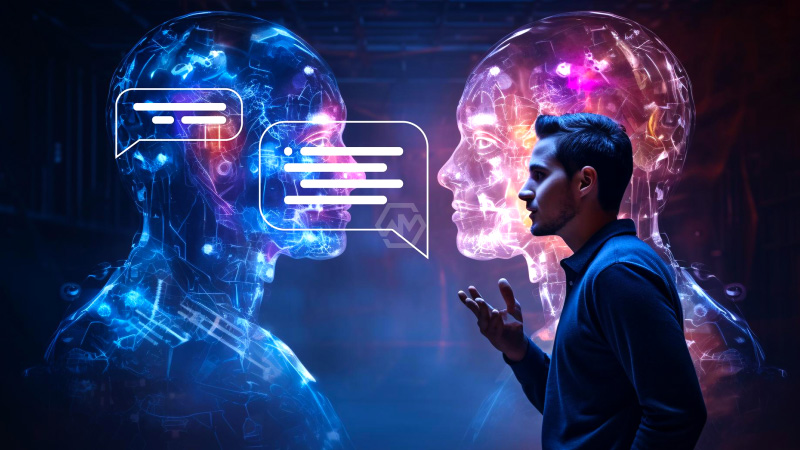- Many individuals view these sensational abilities with fervor and inspiration.
- Such an upset has happened just two times throughout the entire existence of mankind.
- The second, the Modern Unrest, occurred around a long time back, with the development of present-day science.
The effect of man-made consciousness (computer-based intelligence) on the world has been significant, especially with the acquaintance of ChatGPT with the public quite a while back.
Notwithstanding, it’s reasonable that numerous others view these progressions with worry, dreading adverse results even up to the start of the time of (canny) machines that will end and assume control over the human race control of our reality. Boss among these worries is the possible loss of occupations and the feeling of dread about being displaced by machines.
Impact of AI with the Introduction of ChatGPT
Simulated intelligence addresses the zenith of a rich history of innovative headways, which have immovably settled PC innovation as the foundation of cutting-edge time.
Alvin Toffler, in his 1970 book Future Shock and his 1980 book The Third Wave, forecasted that PCs would be vital to another unrest in mankind’s set of experiences. He composed that they would influence and change specific aspects of our lives, yet in addition worldwide economy and security – and through them, our whole culture.
The main happened around a long time back, with the improvement of farming, after which people prevented meandering from one spot to another to chase and assemble food.
Computer-based intelligence brings the two open doors and difficulties. Without a doubt, it has the massive potential to handle cultural difficulties like medical care, ecological checking, and neediness decrease. Also, its execution can cultivate the making of high-gifted, well-paying positions while computerizing dull and commonplace assignments, consequently helping effectiveness and efficiency.
In any case, we can’t disregard the difficulties and negative parts of simulated intelligence. Robotization might bring about the uprooting of specific positions, especially those that include unremarkable manual or tedious assignments. A few conventional positions may probably become out of date, expecting laborers to gain new abilities to stay employable. To put it plainly, computer-based intelligence is ready to affect the universe of work soon fundamentally. Nonetheless, worries about the potential dangers implied have required the controlled and directed progression of artificial intelligence.
In the principal occurrence, man-made intelligence isn’t a danger to those positions that imply actual human work. Also, by and large, man-made intelligence won’t supplant laborers but be an assistant device, assisting laborers with bettering distinguishing issues. Similarly, has not supplanted clinical specialists yet improved their capacities, so artificial intelligence won’t supplant occupations yet expand them.



